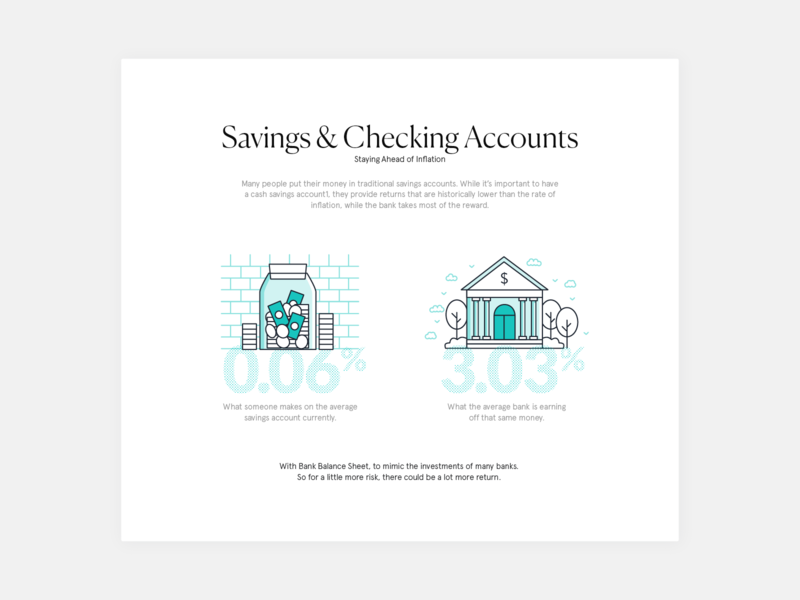Reveal The Hidden Costs And Repercussions Of Back-Pedaling A Performance Bond, And Discover Why It's Vital To Prevent This Expensive Error
Reveal The Hidden Costs And Repercussions Of Back-Pedaling A Performance Bond, And Discover Why It's Vital To Prevent This Expensive Error
Blog Article
Written By-
When a guaranty problems an efficiency bond, it ensures that the principal (the party who acquires the bond) will certainly satisfy their commitments under the bond's terms. If look at here fails to meet these responsibilities and defaults on the bond, the guaranty is accountable for covering any type of losses or problems that result.
1. Loss of online reputation: Defaulting on a performance bond can damage the principal's credibility and credibility, making it more difficult to safeguard future company or financing.
2. Legal and administrative prices: The guaranty may need to pay legal and management expenses connected with pursuing the principal for damages or attempting to correct the circumstance.
3. Financial losses: The guaranty might need to cover the expense of finishing the job or supplying the solutions that the principal fell short to provide. This can result in considerable economic losses for the guaranty.
4. Boosted premiums: If the principal has a history of defaulting on efficiency bonds, they might be called for to pay greater costs in the future to get the necessary bonding.
Overall, defaulting on a performance bond can have major economic effects for both the principal and the surety. It is necessary for principals to meticulously consider their obligations and guarantee they are able to meet the terms of the bond to avoid these adverse end results.
Defaulting on a performance bond can be an expensive mistake for organizations. When you fall short to meet the bond's commitments, the economic effects can be significant. From paying the complete bond total up to prospective lawful battles and harmed partnerships, the repercussions can resound throughout your business procedures. Understanding the complex internet of economic impacts that defaulting on an efficiency bond can have is essential for guarding your firm's monetary health and wellness and track record.
Financial Penalties for Defaulting
If you default on a performance bond, you'll likely face substantial financial penalties. These penalties can differ depending on the terms of the bond contract yet often entail paying the bond quantity in full to the obligee. This suggests that if you fail to meet your legal commitments, you need to pay the bond amount to the project owner or the entity that required the bond.
Furthermore, you might additionally be accountable for any type of extra costs incurred by the obligee due to your default, such as locating a substitute service provider or covering job hold-ups.
Back-pedaling an efficiency bond can additionally cause legal fees and court costs if the obligee chooses to take lawsuit against you to recuperate the bond amount. These expenditures can rapidly build up, additional exacerbating the monetary influence of your default. It's necessary to carefully evaluate and comprehend the terms of the performance bond to stay clear of these severe financial penalties.
Influence On Company Cash Flow
Defaulting on an efficiency bond can considerably influence your company cash flow, influencing economic stability and functional capacities. When you default on a performance bond, you risk shedding the bond amount, which can be a substantial amount. This loss directly affects your capital, as you'll require to discover alternate sources of moneying to cover the bond amount. Additionally, failing can bring about raised examination from sureties, making it tougher and more costly to protect bonds in the future. This can even more stress your capital as you may need to designate additional resources to meet bonding demands.
The effect on your cash flow doesn't stop there. Defaulting on a performance bond can also lead to job delays or cancellations, bring about a loss of earnings. In addition, the unfavorable reputation that includes failing can discourage potential customers, better decreasing your cash flow. Generally, back-pedaling an efficiency bond can have damaging effects on your service's economic wellness and capacity to run smoothly.
Lawful Implications and Claims
Dealing with lawful implications and possible legal actions as a result of defaulting on an efficiency bond can considerably influence your company's credibility and financial standing. When contractors bonding & insurance company -pedal an efficiency bond, the surety business may take lawsuit to recover the bond quantity paid. This could result in costly legal fees, court expenses, and potential settlements or judgments versus your service.
Furthermore, defaulting on an efficiency bond may lead to damaged partnerships with customers, subcontractors, and vendors, influencing your capability to protect future agreements. https://patch.com/connecticut/manchester/2-manchester-residents-accused-food-stamp-fraud occurring from bond defaults can taint your business's reliability in the industry, making it challenging to draw in new companions or clients.
In addition, if the default leads to a court judgment against your company, it might result in property seizure or liens, even more straining your financial stability. For that reason, it's essential to understand the lawful ramifications of back-pedaling a performance bond and take proactive steps to reduce the threats included.
homebond insurance
As you deal with the effects of back-pedaling an efficiency bond, remember this: it resembles strolling a tightrope without a safeguard. One wrong move can send you plunging into an economic freefall, without means to stop the fall.
The punitive damages, capital influence, and lawful implications are all waiting to capture you if you slip up. So walk very carefully, and always recognize your commitments to stay clear of the severe repercussions of default.
